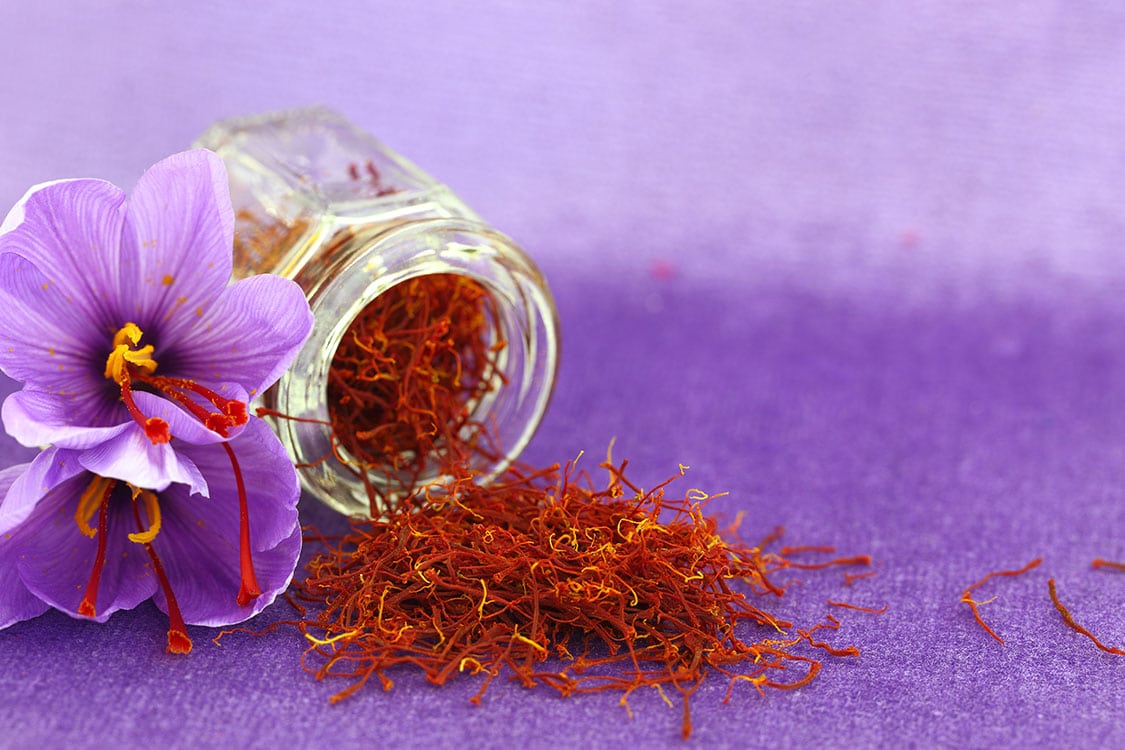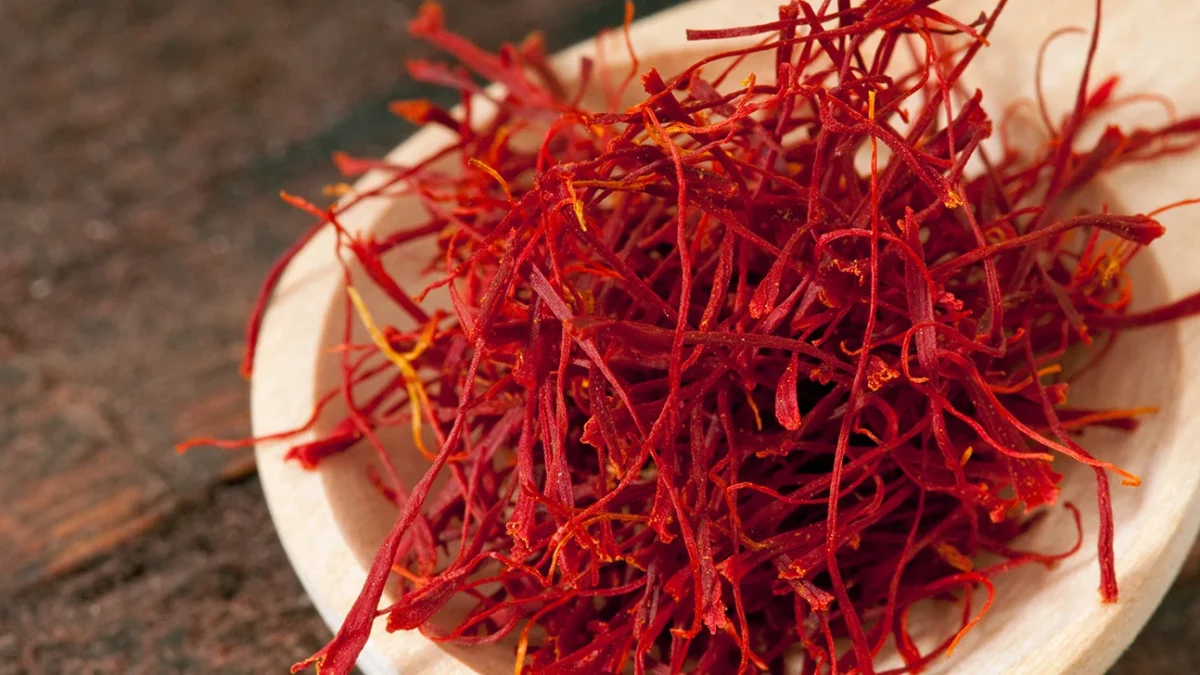
How to Prepare and Process Iranian Spices at Home

The Art of Drying Fruits in Iran
Why Saffron is One of the Most Valuable Spices in the World
Saffron is often referred to as the “red gold” of spices, and for good reason. Iran is the largest producer of saffron globally, and the spice is renowned not only for its exquisite flavor and aromatic properties but also for its numerous health benefits. From its use in cooking to its medicinal properties, saffron holds a special place in both Persian culture and international markets. Here’s a look at why saffron is one of the most valuable spices in the world, with a particular focus on Iranian saffron.

Persian Saffron
1. Rich in Antioxidants
Saffron is packed with powerful antioxidants, compounds that help protect cells from damage caused by free radicals. These antioxidants not only have general health benefits but also contribute to the spice’s potential medicinal uses.
Key Antioxidants in Saffron:
- Crocin: This carotenoid is responsible for saffron’s deep red color and is known for its potent antioxidant properties. Crocin has been linked to anti-inflammatory, anti-cancer, and neuroprotective effects.
- Safranal: Safranal gives saffron its distinctive aroma and also acts as an antioxidant, protecting brain cells and improving mood.
- Kaempferol: Found in saffron petals, kaempferol is linked to reduced inflammation and has anticancer properties.
Health Benefits of Antioxidants:
- Fights oxidative stress: By neutralizing free radicals, antioxidants in saffron help reduce the risk of chronic diseases like heart disease, diabetes, and cancer.
- Promotes overall well-being: Regular consumption of antioxidant-rich foods like saffron can improve general health and reduce inflammation in the body.

Persian Saffron
2. Mood-Boosting and Antidepressant Properties
Saffron has long been used in traditional medicine for its potential to improve mood and treat symptoms of depression. Modern research supports these claims, showing that saffron can be as effective as certain antidepressant medications.
How Saffron Improves Mood:
- Increases serotonin levels: Saffron is believed to enhance the production of serotonin, a neurotransmitter that helps regulate mood, sleep, and emotions. By increasing serotonin levels, saffron can help alleviate symptoms of depression.
- Reduces anxiety and stress: The compounds in saffron, such as crocin and safranal, have been shown to have anxiolytic effects, helping to reduce anxiety and promote a sense of calm.
Research Insights:
- Studies have shown that saffron supplements can be as effective as some commonly prescribed antidepressants in reducing symptoms of mild to moderate depression, with fewer side effects.
- In traditional Persian medicine, saffron is often brewed into tea or added to foods to promote emotional well-being and relaxation.

Persian Saffron
3. Supports Heart Health
Saffron contains several compounds that are beneficial for heart health, including antioxidants, vitamins, and minerals that help regulate cholesterol levels, improve blood pressure, and reduce the risk of cardiovascular disease.
How Saffron Benefits the Heart:
- Lowers cholesterol: The antioxidants in saffron help reduce LDL (bad) cholesterol levels while promoting HDL (good) cholesterol, which supports heart health.
- Improves blood pressure: Saffron contains potassium, which helps regulate blood pressure by balancing sodium levels in the body. Lowering high blood pressure reduces the risk of heart attacks and strokes.
- Prevents arterial plaque buildup: Saffron’s anti-inflammatory and antioxidant properties can prevent the formation of plaque in the arteries, reducing the risk of atherosclerosis and heart disease.
Research Insights:
- Some studies suggest that regular consumption of saffron may improve cholesterol levels and reduce the risk of heart disease, especially when combined with a healthy diet.

Persian Saffron
4. Enhances Cognitive Function
Saffron has been shown to have neuroprotective effects, making it beneficial for brain health. The antioxidants crocin and safranal are particularly effective in protecting brain cells from damage and improving cognitive function.
How Saffron Benefits Cognitive Health:
- Improves memory and learning: Crocin has been found to enhance memory and learning abilities, making saffron potentially helpful in preventing age-related cognitive decline.
- Protects against neurodegenerative diseases: Saffron may help prevent diseases like Alzheimer’s and Parkinson’s by reducing inflammation and oxidative stress in the brain.
- Boosts mood and mental clarity: By promoting serotonin production, saffron can improve focus, mental clarity, and overall cognitive performance.
Research Insights:
- Preliminary studies suggest that saffron may help improve symptoms of Alzheimer’s disease by inhibiting the buildup of amyloid plaques in the brain, which are associated with the condition.
5. Promotes Skin Health
Saffron has long been used in skincare and beauty treatments due to its antioxidant and anti-inflammatory properties. In traditional Iranian and Indian beauty rituals, saffron is often used to brighten the complexion and treat various skin issues.
How Saffron Benefits the Skin:
- Fights free radicals: The antioxidants in saffron protect skin cells from oxidative damage, which can lead to premature aging, wrinkles, and dullness.
- Improves complexion: Saffron is known for its ability to brighten the skin, giving it a more radiant and youthful appearance.
- Treats acne and blemishes: Saffron’s antibacterial and anti-inflammatory properties help reduce acne, soothe irritated skin, and minimize the appearance of scars and blemishes.
How to Use Saffron for Skin Health:
- Mix a few strands of saffron with milk or honey and apply the mixture to your skin as a natural face mask. It can help brighten and hydrate the skin while reducing inflammation.
6. Supports Eye Health
Saffron is beneficial for eye health, particularly in preventing age-related macular degeneration (AMD) and improving vision. The antioxidants in saffron protect the eyes from damage caused by oxidative stress and help maintain healthy vision as you age.
How Saffron Benefits the Eyes:
- Protects retinal cells: Saffron helps protect the retina from oxidative damage, which is a leading cause of vision loss in older adults.
- Improves night vision: Some studies suggest that saffron can improve night vision and may even reverse early symptoms of AMD.
Research Insights:
- Research shows that saffron supplementation can improve visual acuity and contrast sensitivity in patients with early-stage macular degeneration. This makes saffron a promising natural treatment for maintaining eye health.
7. Weight Loss and Appetite Control
Saffron has been shown to help with weight management by reducing cravings and controlling appetite. The compounds in saffron may influence the production of serotonin, helping to regulate hunger signals and reduce the urge to snack.
How Saffron Aids in Weight Loss:
- Suppresses appetite: Saffron can help reduce the frequency of snacking by increasing serotonin levels, which promotes feelings of fullness and satisfaction.
- Reduces emotional eating: By improving mood and reducing anxiety, saffron can help curb emotional eating, which is often a barrier to weight loss.
Research Insights:
- Studies suggest that people who consume saffron extracts experience fewer hunger cravings and are more likely to stick to a healthy diet, which can aid in weight loss efforts.
8. Anti-inflammatory and Pain-Relieving Properties
Saffron has natural anti-inflammatory and analgesic properties, making it useful for reducing inflammation and pain throughout the body. These properties have been utilized in traditional Persian medicine for centuries.
How Saffron Helps Reduce Inflammation:
- Reduces joint pain: The anti-inflammatory compounds in saffron can help relieve symptoms of arthritis and other inflammatory conditions.
- Alleviates menstrual pain: Saffron has traditionally been used to reduce menstrual cramps and discomfort by relaxing the muscles and alleviating inflammation.
Research Insights:
- Some studies suggest that saffron supplements can reduce the intensity of pain, especially for women suffering from PMS and menstrual cramps.
9. Improves Digestion
In traditional Iranian and Middle Eastern medicine, saffron has been used to improve digestion and soothe digestive issues. It has carminative properties that help alleviate bloating, gas, and indigestion.
How Saffron Benefits Digestion:
- Stimulates appetite: Saffron can stimulate the production of digestive enzymes, which improve digestion and nutrient absorption.
- Soothes the stomach: The anti-inflammatory effects of saffron can reduce stomach irritation and improve symptoms of conditions like gastritis.
Conclusion
Iranian saffron is one of the most valuable and versatile spices in the world, not only for its unique flavor and aroma but also for its numerous health benefits. From its powerful antioxidants to its mood-enhancing properties and its ability to support heart, eye, and skin health, saffron has been prized for centuries as a natural remedy and a key ingredient in both culinary and medicinal traditions. Whether used in cooking or taken as a supplement, saffron continues to be a valuable addition to a healthy lifestyle.







